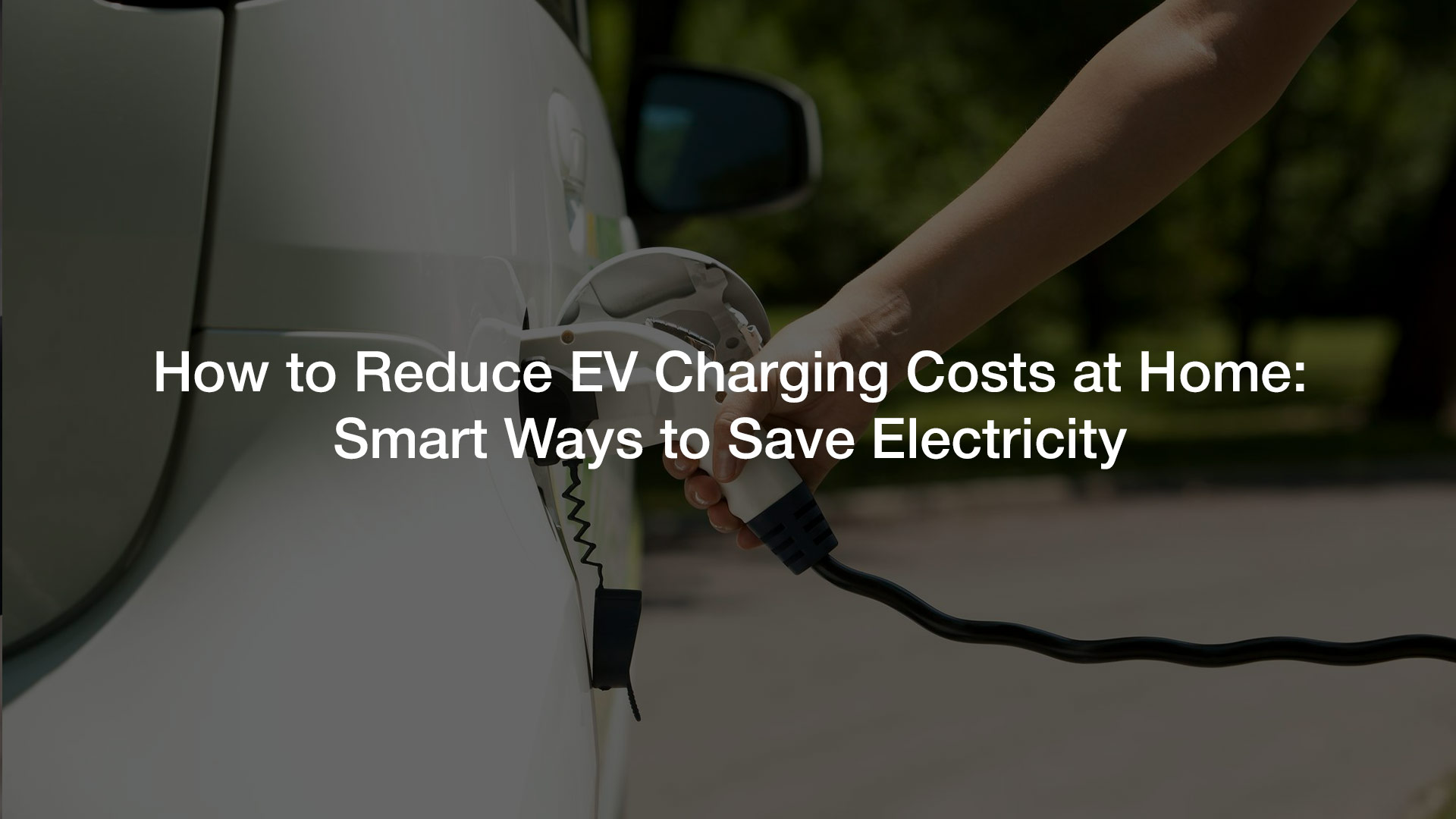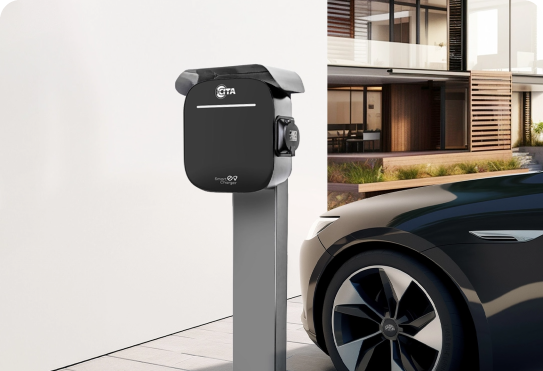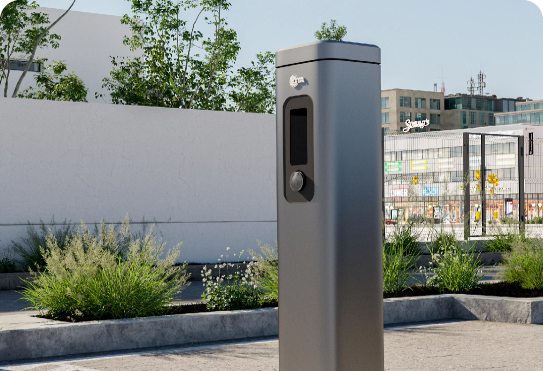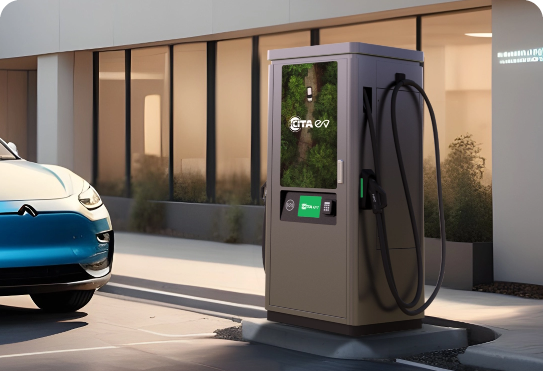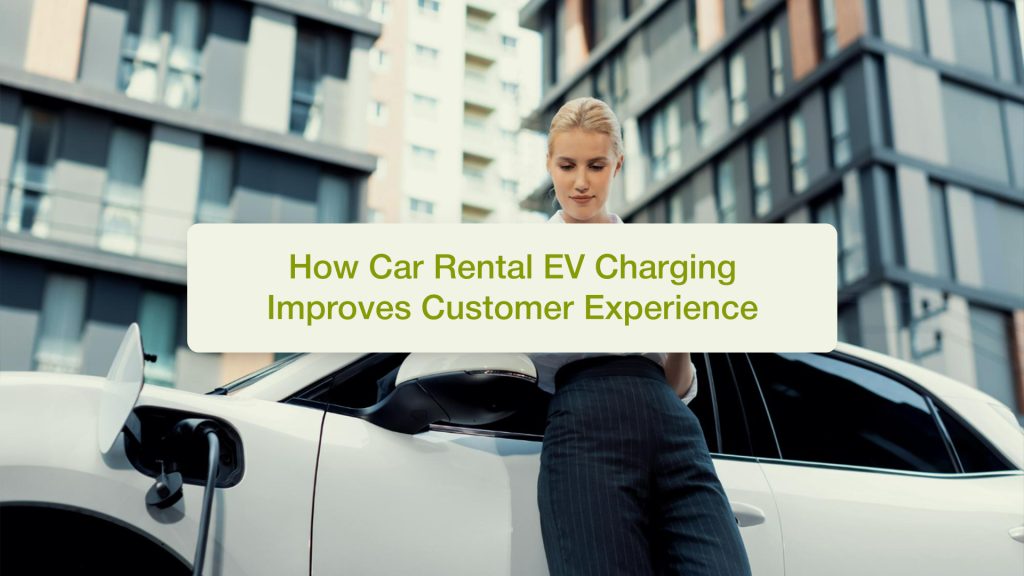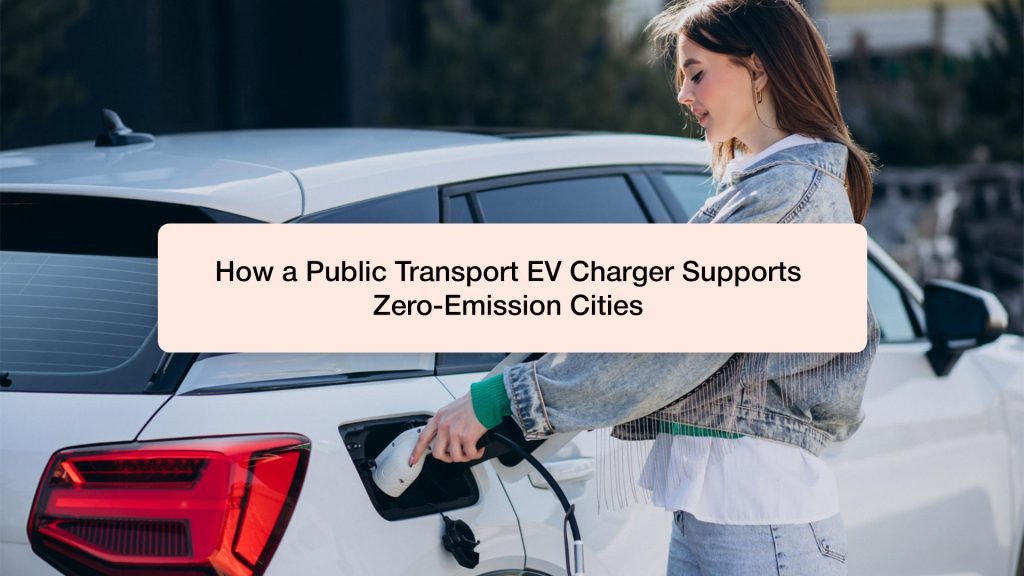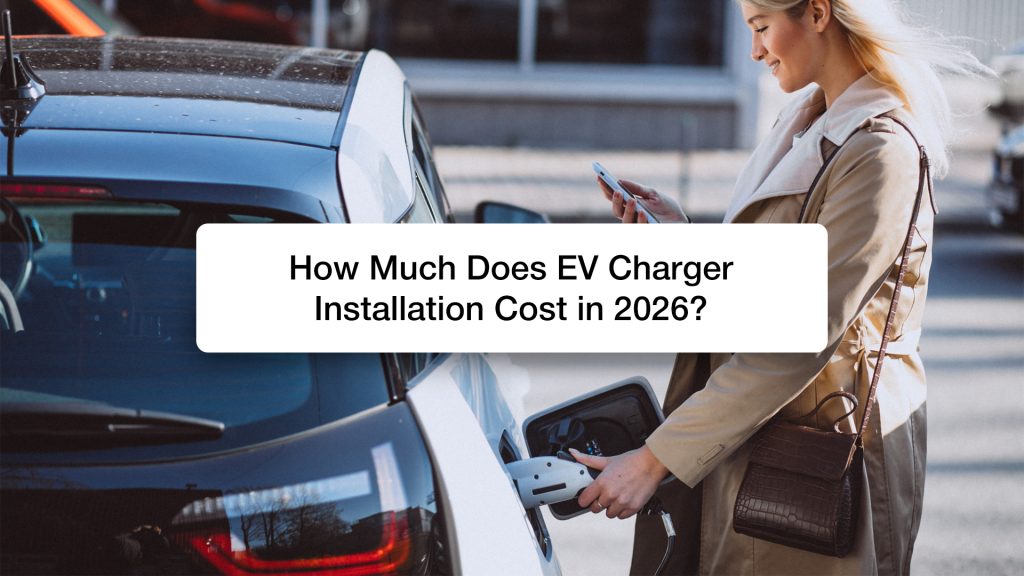Are you tired of watching your electricity bill balloon every month thanks to EV charging costs at home – and wondering how to bring those costs down without sacrificing convenience?
In the UK, where electricity prices fluctuate and grid demand surges, smart strategies can make a surprising difference. Did you know that the number of public charging points in the UK climbed from ~53,865 in 2023 to over 73,000 by the end of 2024?
But most EV drivers still rely heavily on charging at home.
What this really means is mastering EV charging costs at home isn’t just nice to have – it’s a requirement.
Why Home EV Charging is Already Your Best Bet
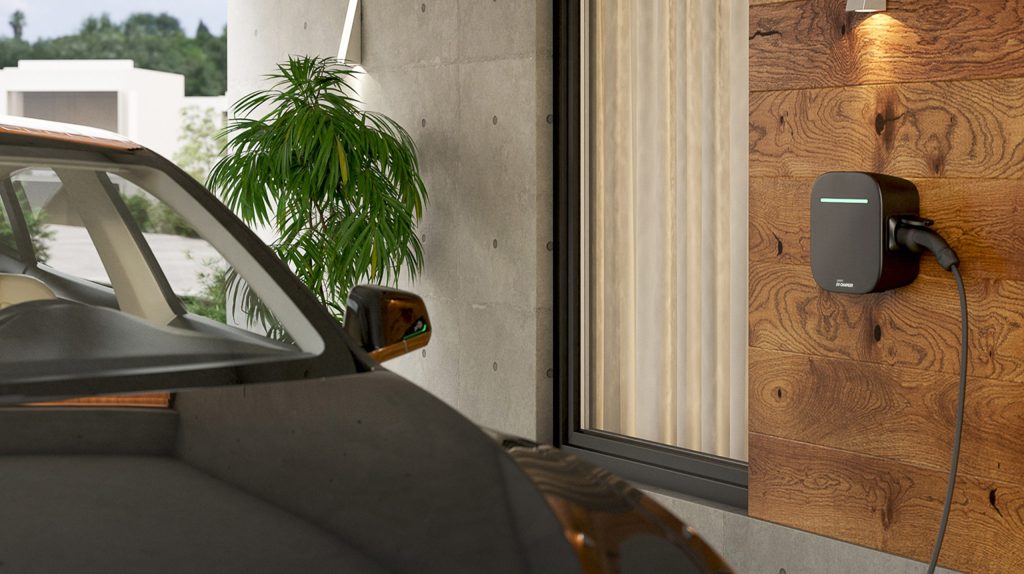
First, a reality check: charging your EV at home is almost always cheaper and more predictable than depending solely on public EV chargers. Public rapid EV chargers demand premium rates and often fluctuate by time or location. In contrast, your home is where you can exercise real control – timing, how much current you draw, which EV charger you use, etc.
Also, in the UK there are supportive policies already in play. The OZEV grant allows eligible households (especially renters or flat owners with off-street parking) to claim up to £350 toward an approved EV charger installation. And since April 2024, the VAT on home EV charger installations has been set to zero – that alone reduces your cost by £150–£300 in many cases. These incentives show the government is backing home charging, which makes optimizing it even more worthwhile.
So let’s break down smart, actionable ways to reduce EV charging costs at home, using tools you can apply immediately.
Top 10 Smart Ways to Reduce EV Charging Costs at Home

Cutting EV charging costs at home doesn’t require complicated tech or drastic lifestyle changes. Often, it’s about small adjustments – timing, equipment choices, and smarter usage habits – that stack up to noticeable savings over time.
Below are ten effective ways to make your home EV charging more efficient and wallet-friendly.
1) Use Off-Peak / Night Tariffs (Smart Scheduling)
Electricity prices in the UK drop significantly during off-peak hours, usually late at night. Shifting your charging routine to these windows can reduce EV charging costs at home by up to 60%.
Most smart EV chargers let you set charging schedules that automatically start when tariffs are lowest. It’s one of the simplest and most effective ways to save money while keeping your EV ready for the morning.
2) Choose a High-Efficiency Certified EV Charger
Not every ev charger performs equally. A Certified EV Charger with UKCA and CE approval ensures minimal energy loss, safer operation, and better long-term efficiency. Leading home EV charger manufacturers like CITA design EV charger models with IP65 and IK10 protection, smart load balancing, and reliable performance.
Choosing an efficient charger may cost more upfront, but it quickly pays off in reduced electricity waste and dependable daily charging.
3) Stay Within the Grid Limits – Avoid Overload Penalties
Most UK homes run on single-phase power, meaning drawing too much energy at once can cause tripping or high-demand charges. A smart EV charger automatically adjusts current based on household load, preventing overloads.
Avoid running high-demand appliances while charging your EV, and consider future-proof wiring if you plan on having multiple vehicles. Controlled, balanced power use keeps your home EV charging safe and efficient.
4) Leverage Vehicle-to-Grid (V2G) or Smart Algorithms
Future-ready EV charging solutions include features like Vehicle-to-Grid (V2G) and smart load algorithms. These allow energy to flow both ways – from your car back to your home or grid – during peak demand, offsetting EV charging costs at home.
While still emerging in the UK, this technology helps homeowners reduce grid dependency and save on peak-time rates. It’s the next evolution of truly smart EV charging.
5) Avoid Top-Up Charges Midday
Daytime electricity rates are typically the highest in the UK, so avoid frequent top-ups when your battery isn’t low. Wait until off-peak hours or link charging to solar generation if you have panels installed.
Smart EV chargers can delay charging automatically to the cheapest rate periods. A little planning ensures every charge delivers value without unnecessary electricity expense.
6) Use Local Generation (Solar / Storage) to Support Charging
If you have solar panels or battery storage, use them to offset grid reliance. Redirecting surplus solar power to your electric car charger means charging for free during the day.
Some home EV charger suppliers integrate with solar systems to prioritise renewable energy use. Over time, this combination lowers your grid draw, reduces costs, and supports cleaner, greener charging right from your home.
7) Monitor Usage, Track Patterns, and Adjust
Keeping track of when and how you charge helps uncover hidden savings. Use the EV charger’s app or your energy provider’s dashboard to view consumption trends and identify expensive charging windows.
Most smart EV chargers in the UK provide real-time insights, so you can adjust timings or power levels. Awareness leads to action – and action means lower EV charging costs at home month after month.
8) Understand and Leverage Incentives and Grants
The UK’s OZEV grant offers up to £350 or 75% off approved home EV charger installations. To qualify, choose an Approved EV Charger and an authorised installer. The zero VAT policy on domestic charger installations further reduces upfront cost.
Whether you’re a homeowner, landlord, or business, these incentives make switching to efficient, certified ev chargers a smart financial decision.
9) Match Charger Power to Your Needs
Bigger isn’t always better. A 7 kW AC EV charger typically meets the needs of most UK homes, fully charging an EV overnight at a lower power draw.
Higher-capacity 22 kW chargers are great for multi-car setups or shorter turnaround times. Assess your daily mileage before investing. The right balance of power and cost ensures efficient, affordable EV charging at home every day.
10) Prioritise Charger Longevity (Maintenance Matters)
Reliable electric vehicle chargers are built to last. Look for weather-resistant units (IP65) with strong casing (IK10) to handle the UK’s changing climate. A Certified EV Charger from a trusted ev charger manufacturer in the UK ensures durability, minimal downtime, and consistent performance.
Simple checks like cleaning connectors and updating firmware go a long way in maintaining safe, efficient charging year after year.
Ready to Cut Your Charging Bills the Smart Way with CITA Chargers?
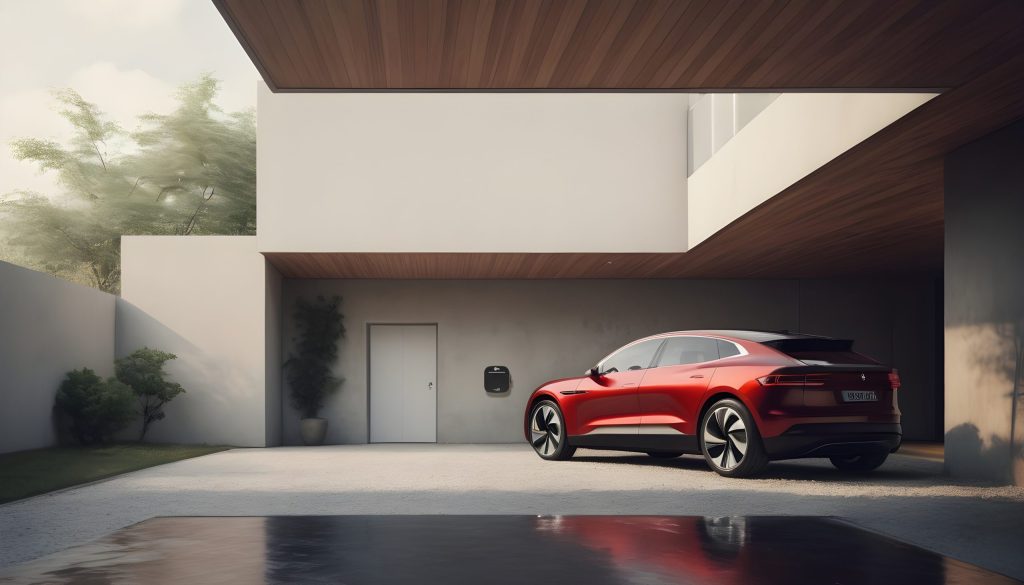
Reducing EV charging costs at home is all about charging smarter – not less.
With efficient hardware, intelligent scheduling, and energy-saving features, you can keep your EV powered without overspending.
CITA EV Chargers are designed for UK homes, combining IP65 and IK10 protection, 7 kW and 22 kW power options, and built-in smart control via the CITA EV App. Each unit is UKCA and CE certified, ensuring both safety and long-term value.
Ready to take the next step toward efficient home charging?
Explore CITA’s range of certified EV chargers and start saving every time you plug in.



